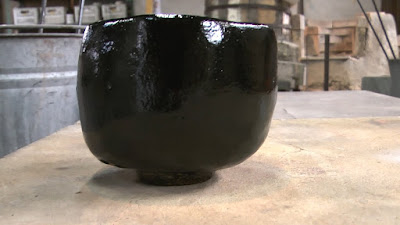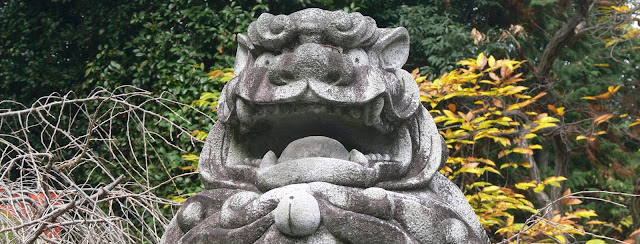Pascali Ceramicum Schizophrania

Let's all rejoice for the very first surviving chawan is out of the kiln...many died in the way Pascal in two minds Pascal once wrote that there was two kind of minds : the intuitive and the geometrical. No mind is purely one or the other without being totally wrong but each has its preference. The geometrical mind knows how to formulate great principles and categories that are difficult to apply. « Thou shall never lie » says the geometrical mind, and it does so with an almost laughable mathematic rigor. Such kind of mind is not wrong in the way it uses reason but its principles are not adapted to society. Meanwhile, the intuitive mind see the principles that fits each situation but are unable to formulate or even understand great principles that are not in their society. Long story short : one think but does not see, one sees but does not think. To think or to see, you choose ! Yet, some situations require a certain mind and not the ...



